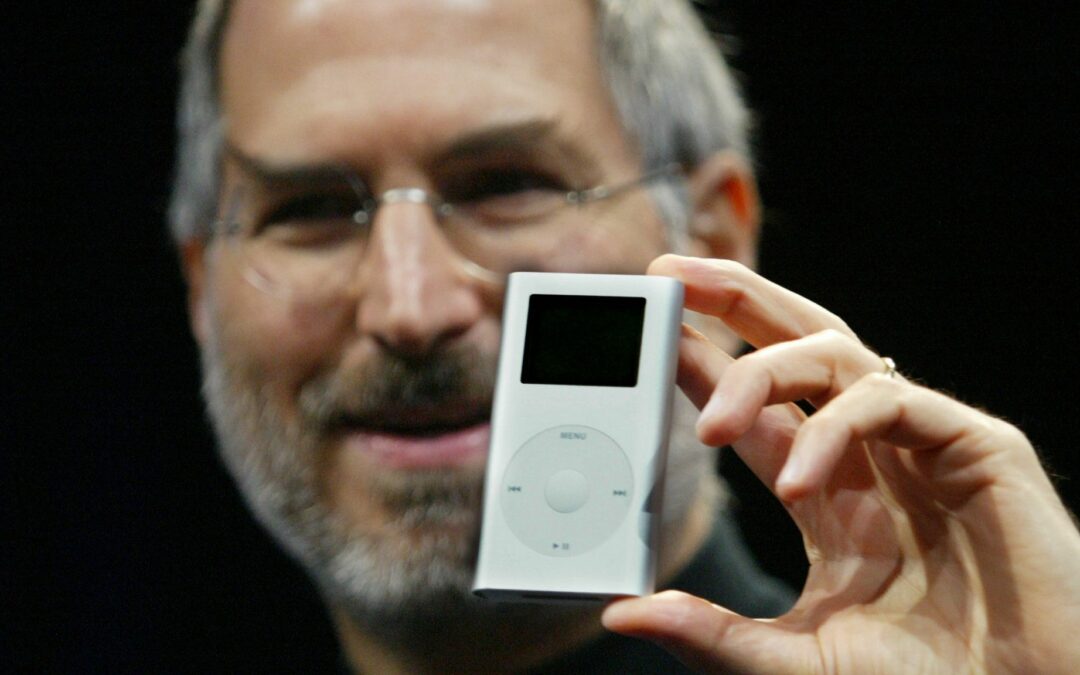Apple has announced the discontinuation of the iPod Touch, the last remaining model in its portable music player lineup. The company stated in a news post on Tuesday that it will sell the current Touch “while supplies last.”
While Apple has discontinued dedicated music players, the company claims that “the spirit of the iPod lives on” in all of its music-playing devices, including the iPhone, iPad, and HomePod Mini.
The demise of the iPod Touch marks the end of an era. According to Apple, the first iPod was released “over 20 years ago.” The original FireWire-equipped model was just a portable music player, and Apple made models that were almost entirely for listening to audio until 2017, when the iPod Nano and Shuffle were discontinued. While some iPod enthusiasts embraced the iPod Touch as the new classic music player, it also found a following among those who desired an iPhone-like experience but did not require a phone.
While the iPod Touch has its fans, the writing has been on the wall for quite some time. The seventh-generation iPod Touch, which Apple discontinued on Tuesday, was announced in a press release in 2019. Despite the fact that the iPhone 11 would be released later that year, the 2019 touch used the same A10 processor as the iPhone 7. The sixth-generation iPod Touch was released in 2015. Despite the fact that people like me cried out for a simple music player designed for the age of streaming, the time between releases and older hardware made it clear that Apple wasn’t interested in spending much time on the iPod.

It’s difficult to blame the company for this. Most people aren’t interested in carrying a second device that does something their smartphone can do perfectly well (see also: the drying up of the point-and-shoot camera market). In an interview with The Verge, Tony Fadell, one of the original iPod’s developers, stated that the iPod team was aware that the iPhone would eventually overtake music players. “It became very clear to us that mobile phones, feature phones, posed a real threat.” “At the time, they were starting to add music, MP3 playback, to the cell phones that they were shipping,” he explained.
According to Fadell, Apple did not see this as a problem. “Everything that was tried at Apple — at least under Steve — had to ship because it was existential.” You couldn’t make the iPhone successful if you were destroying the iPod business.”
While the iPod may soon be phased out of stores, it’s difficult to say goodbye to something so iconic. We’ll probably see more iPod modification projects from enthusiasts, as well as web experiences designed to evoke nostalgia for the era of dedicated music players. Apple didn’t invent the market for them, but it did catapult them to fame — now, the torch has been passed to companies like Sony and Fiio to keep the legacy alive for die-hard music fans.

